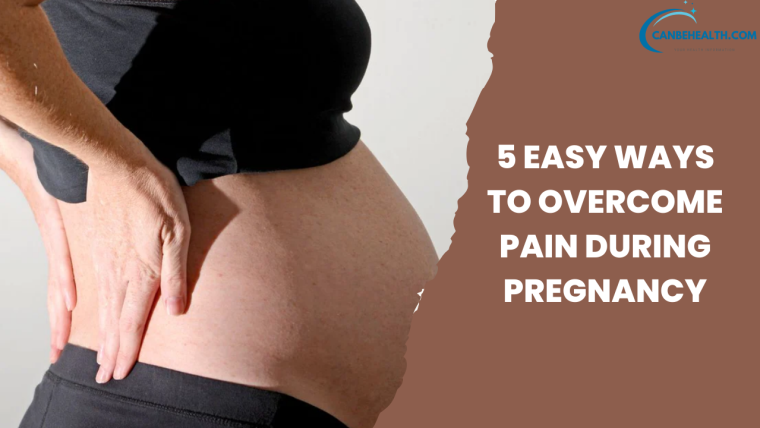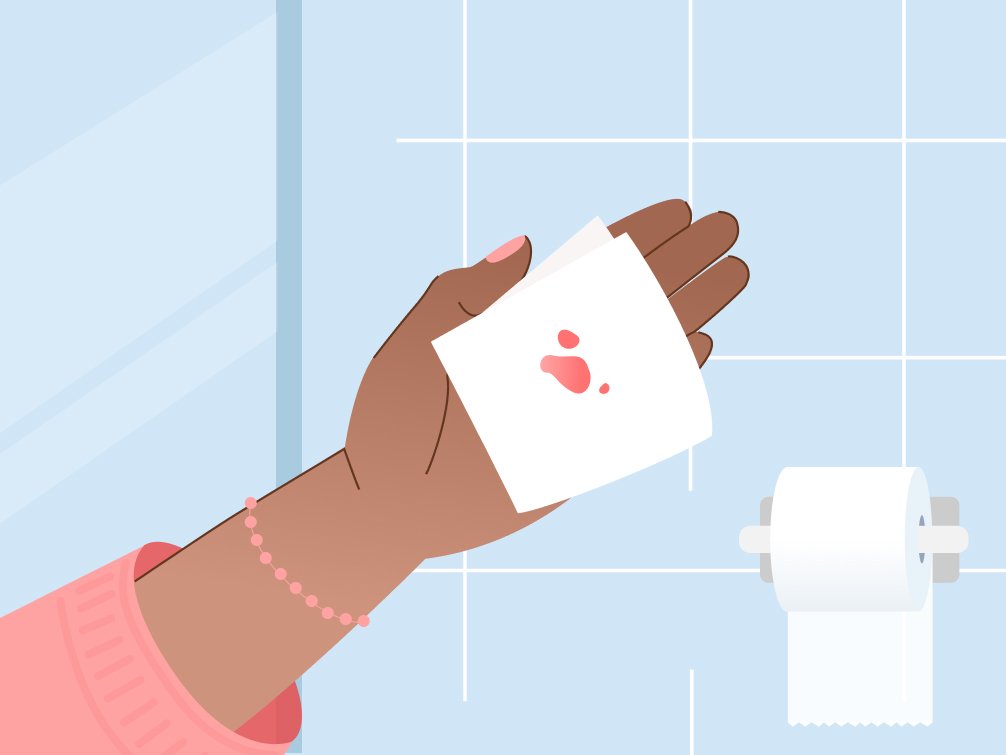Pregnancy is a time of many lifestyle changes for women, including changes in their diet. As a result, many women wonder about the safety of consuming matcha, a popular Japanese green tea, while pregnant. In this article, we will answer the question, “Can you have matcha while pregnant?” by examining the scientific research on the subject. We will also provide information on the benefits and risks of consuming matcha during pregnancy and give tips for consuming matcha safely.

What is Matcha?
Matcha is a type of green tea that has been finely ground into a powder. It’s made from the leaves of the Camellia sinensis plant, which are grown in the shade to increase the concentration of chlorophyll and amino acids in the leaves. Matcha has been consumed for centuries in Japan, where it’s used in traditional tea ceremonies.
Is Matcha Safe to Drink During Pregnancy?

The short answer is yes, matcha is safe to drink during pregnancy in moderation. However, it’s important to note that matcha does contain caffeine, which is a stimulant that can cross the placenta and affect the fetus. For this reason, it’s recommended that pregnant women limit their caffeine intake to 200mg per day, which is equivalent to one 12-ounce cup of coffee.
Matcha contains approximately 35mg of caffeine per half teaspoon, which is less than the 95mg found in a typical 8-ounce cup of coffee. However, it’s still important to monitor your caffeine intake and ensure that you don’t exceed the recommended daily limit.
Read Also : Can Pregnant Women Eat Shrimp? Danger or not?
The Benefits of Drinking Matcha While Pregnant
Matcha has a number of potential health benefits that make it a great choice for pregnant women. Here are just a few:
- Rich in Antioxidants: Matcha is packed with antioxidants, which can help to protect your body against free radicals and reduce inflammation.
- Boosts Immune System: Matcha contains compounds that can help to boost your immune system, which is important during pregnancy when your body is more vulnerable to infection.
- Lowers Risk of Gestational Diabetes: Matcha contains compounds that may help to regulate blood sugar levels, which can lower the risk of developing gestational diabetes.
- Improves Mental Clarity: Matcha contains L-theanine, an amino acid that has been shown to improve mental clarity and focus.
- Provides a Natural Energy Boost: Matcha provides a natural energy boost without the jitters or crashes associated with coffee.
Risks of Consuming Matcha During Pregnancy
While matcha can provide several benefits for pregnant women, there are also some risks to consider. These include:
- Caffeine: As mentioned earlier, matcha contains caffeine, which can be harmful to the developing fetus in large amounts. Consuming too much caffeine during pregnancy has been associated with an increased risk of miscarriage, low birth weight, and preterm birth.
- Lead: Some matcha products have been found to contain high levels of lead, which can be harmful to both the mother and developing fetus. It is important to choose high-quality matcha products and to limit consumption to no more than one or two cups per day.
- Contamination: Like all food products, matcha can be contaminated with harmful bacteria or viruses. Pregnant women should be particularly cautious when consuming raw or undercooked foods, including matcha, to avoid foodborne illness.
Tips for Consuming Matcha Safely During Pregnancy
If you are pregnant and considering consuming matcha, here are some tips to help you do so safely:
- Consult with your healthcare provider: Before adding any new food or beverage to your diet during pregnancy, it is important to consult with your healthcare provider. They can advise you on the appropriate amount of matcha to consume based on your individual health needs and circumstances.
- Limit caffeine intake: Matcha contains caffeine, which can have harmful effects on both the mother and the fetus if consumed in excess. It is recommended to limit caffeine intake during pregnancy to 200mg per day or less, which is equivalent to about one cup of matcha per day.
- Choose high-quality matcha: When choosing matcha, it is important to choose a high-quality product that is sourced from reputable producers. Look for organic, ceremonial grade matcha that is free from additives and contaminants.
- Prepare matcha safely: To prepare matcha, use hot, but not boiling water to avoid destroying the beneficial compounds in the tea. Use a bamboo whisk to mix the matcha powder with the water thoroughly. Avoid adding sweeteners or other additives that may increase calorie intake or introduce potential health risks.
- Monitor your body’s response: Pay attention to how your body responds to matcha and monitor for any adverse effects such as heart palpitations, jitters, or insomnia. If you experience any negative effects, it may be best to avoid consuming matcha during pregnancy.
By following these tips, you can safely enjoy matcha while pregnant and reap its potential health benefits. However, it is always best to consult with your healthcare provider before making any dietary changes during pregnancy.
Read Also : 5 Benefits of Catfish for Pregnant Women
FAQs
A : Yes, matcha is safe to consume during pregnancy in moderate amounts. However, it is always recommended to consult with your healthcare provider before adding any new food or beverage to your diet during pregnancy.
A :There is no evidence to suggest that matcha can cause miscarriage. However, it is always recommended to consult with your healthcare provider before consuming any new food or beverage during pregnancy.
A : Matcha contains compounds that can help reduce nausea and vomiting, which are common symptoms of morning sickness during pregnancy. However, it is always recommended to consult with your healthcare provider before adding any new food or beverage to your diet during pregnancy.
A : Matcha is a rich source of antioxidants and nutrients that are beneficial for fetal development during pregnancy. However, it is always recommended to consume matcha in moderation and as part of a balanced diet, and to consult with your healthcare provider before adding any new food or beverage to your diet during pregnancy.
A : While matcha is generally considered safe to consume during pregnancy in moderation, excessive consumption may lead to caffeine overdose, which can have harmful effects on both the mother and the fetus. It is recommended to limit caffeine intake during pregnancy to 200mg per day or less, which is equivalent to about one cup of matcha per day.
Conclusion
In conclusion, matcha is a popular beverage that is known for its potential health benefits, including improved mental clarity, increased energy levels, and enhanced antioxidant activity. However, if you are pregnant, it is important to consume matcha in moderation and to consult with your healthcare provider before adding it to your diet.
While there is no evidence to suggest that matcha is harmful during pregnancy, excessive consumption may lead to caffeine overdose, which can have harmful effects on both the mother and the fetus. By following the tips outlined in this article, you can safely consume matcha during pregnancy and potentially reap its health benefits.
As always, it is important to prioritize your health and the health of your baby during pregnancy. If you have any concerns or questions about consuming matcha while pregnant, it is best to consult with your healthcare provider before making any changes to your diet or lifestyle.







2 Replies to Can You Have Matcha While Pregnant? Everything You Need to Know
Can I Eat Teriyaki Sauce When Pregnant?
Can You Eat Crab While Pregnant?
Implantation Bleeding vs. Period: How to Tell the Difference
14 Crucial Pregnancy Signs
Chronic Energy Deficiency (CED) in Pregnant Women
Are taking hot baths During Pregnancy safe or harmful?
5 Easy Ways to Overcome Pain During Pregnancy
Implantation Bleeding vs. Period: How to Tell the Difference